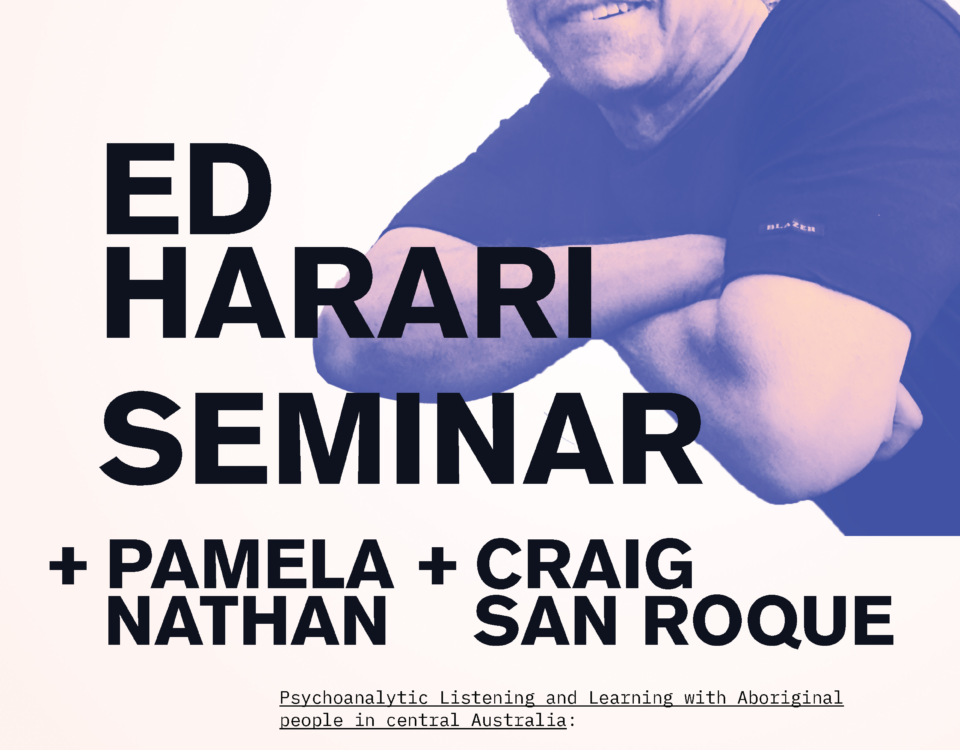What is recognition?
October 21, 2015Welcome to Psychology Week 2015!
November 9, 2015By Pamela Nathan
New evidence shows efficacy of psychoanalytic psychotherapy for depression and the best efficacy compared to other psychological treatments.
The latest results from a landmark UK study reviewing the use of psychoanalytic psychotherapy to treat chronic depression are well worth a read: http://www.bpc.org.uk/news/publication-landmark-psychoanalytic-psychotherapy-depression-study. They highlight the dismal failure of virtually every ‘treatment’ provided by the NHS to provide long term relief for people suffering with chronic depression. However the study found that psychoanalytic psychotherapy had significantly better success rates – nearly half of the participants in the study who used this treatment were still realising major improvements two years after therapy ended.
Among other positive results, the study found that 44% of the patients who were given 18 months of weekly psychoanalytic psychotherapy no longer had major depressive disorder when followed up two years after therapy had ended, compared to a figure of just 10% for those receiving treatments currently provided by the NHS (antidepressants, short-term courses of counselling or cognitive behavioural therapy).
The results of this study lend weight to CASSE’s psychoanalytic approach to creating safe, supportive environments for individuals, families and communities. But what is it about psychoanalytic psychotherapy that can make such a difference?
Psychoanalysis is a treatment for unbearable or repressed emotional pain and suffering, repeated problematic living and relationships, mental illness and a method for analysing or exploring the workings of the mind. It doesn’t seek to be a bandaid, or to numb the pain. Rather it is like a key that can unlock the door to illuminate the dark thoughts that we may try to suppress, lock away and keep hidden – those thoughts that can immobilise us with fear, or send us spiralling down with shame. By exposing them, we have the opportunity to examine them, turn them over and look at them from different angles and, in doing so, begin to recognise them, understand them and reduce their power to hold us to ransom.
We believe this approach can be applied as readily to a community as it can to an individual. Want to know more? Have a look at some of the ‘Psychoanalytic Insights’ series on the Resources page of our website, or contact us.





